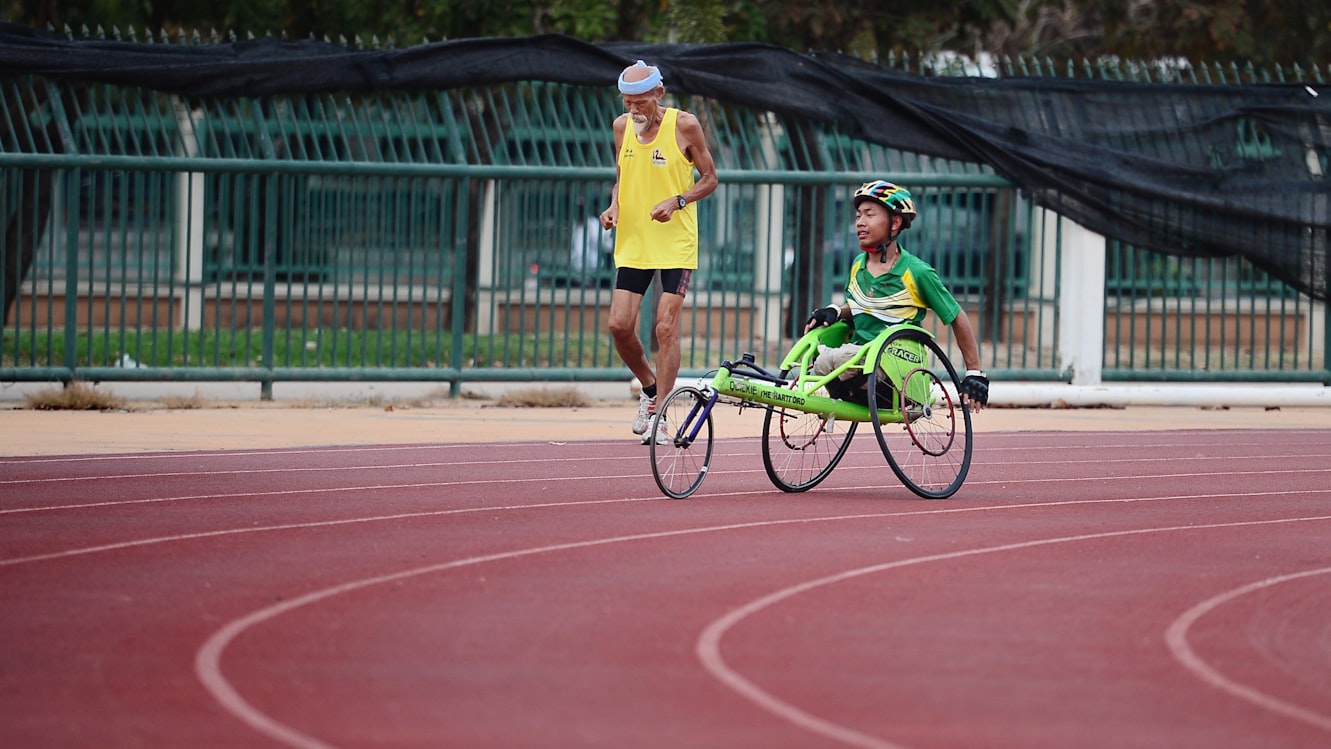When it comes to navigating the disability support system, families and caregivers often feel overwhelmed and uncertain about where to start. It can be a confusing and complex process, with different programs, services, and eligibility requirements. However, with the right information and resources, families and caregivers can access the support and assistance they need to help their loved ones with disabilities live a meaningful and fulfilling life. In this guide, we will explore some key tips and strategies for navigating the disability support system, including understanding the different types of programs and services, identifying eligible benefits, advocating for your loved one's needs, and connecting with community resources.
Understand the Different Types of Programs and Services:
The first step in navigating the disability support system is to understand what types of programs and services are available for your loved one. These may include healthcare and medical services, educational and vocational programs, housing and transportation assistance, social and recreational opportunities, and financial support. Each program and service has its own eligibility requirements, application process, and benefits, so it's important to research and learn about each one. You can start by contacting local disability organisations, advocacy groups, and government agencies that provide disability-related services in your area.
Identify Eligible Benefits:
Once you have a better understanding of the different types of programs and services, the next step is to identify which ones your loved one may be eligible for. Eligibility criteria may vary depending on factors such as disability type, age, income, and residency status. Some programs and services may require a formal evaluation or assessment by a medical professional to determine eligibility. It's important to keep in mind that eligibility does not necessarily guarantee approval or receipt of benefits, and you may need to appeal or re-apply if your application is initially denied.
Advocate for Your Loved One's Needs:
As a caregiver or family member, you play a critical role in advocating for your loved one's needs and rights within the disability support system. This may include advocating for appropriate healthcare and medical treatment, education and vocational opportunities, housing and community integration, and financial support. Be proactive in communicating with healthcare providers, educators, and service providers to ensure that your loved one's individual needs and goals are being met. Educate yourself about disability rights and policies, and don't hesitate to seek guidance or support from advocacy groups or legal professionals if you encounter barriers or challenges.
Connect with Community Resources:
In addition to formal disability-related programs and services, there are also many community resources and support networks available to families and caregivers. These may include local support groups, recreational activities, mentoring programs, and respite care services. Connecting with other families and caregivers who share similar experiences can provide invaluable emotional and practical support, as well as opportunities for socialisation and empowerment. You can find community resources by contacting disability organisations, consulting with healthcare providers and educators, and searching online directories and forums.
Take Care of Yourself:
Finally, it's important to remember that navigating the disability support system can be a demanding and stressful process for families and caregivers. You may need to juggle multiple responsibilities, such as balancing work and caregiving, managing financial and legal issues, and coping with emotional and physical challenges. It's crucial to prioritise your own self-care and well-being, such as seeking professional counselling, taking time for hobbies and relaxation, and enlisting the help of other family members or support services. Remember, taking care of yourself is not a luxury, but a necessity for your own health and resilience.
Conclusion:
In conclusion, navigating the disability support system can be a daunting task, but with the right knowledge and resources, families and caregivers can access the support and assistance they need for their loved ones with disabilities. Understanding the different types of programs and services, identifying eligible benefits, advocating for your loved one's needs, connecting with community resources, and taking care of yourself are all important steps in this process. Don't hesitate to seek help or guidance along the way, and remember that each small step can make a big difference in improving your loved one's quality of life.

